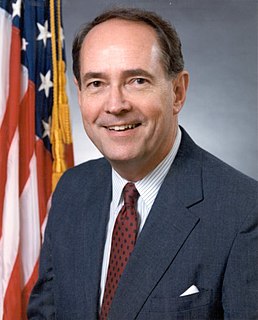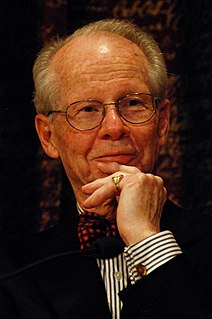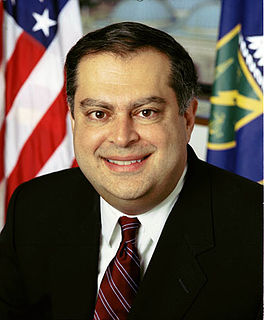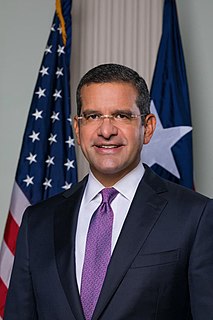A Quote by Calvin Coolidge
There are always those who are willing to surrender local self-government and turn over their affairs to some national authority in exchange for a payment of money out of the Federal Treasury. Whenever they find some abuse needs correction in their neighborhood, instead of applying the remedy themselves they seek to have a tribunal sent on from Washington to discharge their duties for them, regardless of the fact that in accepting such supervision they are bartering away their freedom.
Quote Topics
Abuse
Accepting
Affairs
Always
Applying
Authority
Away
Bartering
Correction
Discharge
Duties
Exchange
Fact
Federal
Find
Freedom
Government
Instead
Local
Money
National
Needs
Neighborhood
Out
Over
Payment
Regardless
Remedy
Seek
Self
Self-Government
Sent
Some
Supervision
Surrender
Them
Themselves
Those
Treasury
Tribunal
Turn
Washington
Whenever
Willing
Related Quotes
The organization of the government itself is something which we ought to examine in a more self-conscious way - the Federal Reserve and the Treasury and the Securities and Exchange Commission. The mission that each of them has is mainly economic but should be informed by good organizational practices.
American voters should understand that Congress will always find a way to spend every last dollar sent to Washington. Remember, politicians get votes by promising everything to everyone, always at the expense of some other invisible taxpayers. ...The federal government cannot maintain a budget surplus any more than an alcoholic can leave a fresh bottle of whiskey untouched in the cupboard.
Over the years, Americans in particular have been all too willing to squander their hard-earned independence and freedom for the illusion of feeling safe under someone else's authority. The concept of self-sufficiency has been undermined in value over a scant few generations. The vast majority of the population seems to look down their noses upon self-reliance as some quaint dusty relic, entertained only by the hyperparanoid or those hopelessly incapable of fitting into mainstream society.
The federal government neither has the power to site transmission lines, nor do we build them. That's done, as people know, in their own communities. The siting decisions and the permitting is done at the local level, or by state governments if it's interstate in nature. And federal government - this is one area we have no authority.
I'm a big believer in getting money from where the money is, and the money is in Washington. I learned from running the Olympics that you can get money there to help build economic opportunities. We actually got over $410 million from the federal government; that is a huge increase over anything ever done before. We did that by going after every agency of government. That kind of creativity I want to bring to everything we do (in Massachusetts).
The proposed constitution, therefore, even when tested by the rules laid down by its antagonists, is, in strictness, neither a national nor a federal constitution; but a composition of both. In its foundation it is federal, not national; in the sources from which the ordinary powers of the government are drawn, it is partly federal, and partly national; in the operation of these powers, it is national, not federal; in the extent of them again, it is federal, not national; and finally, in the authoritative mode of introducing amendments, it is neither wholly federal, nor wholly national.
The government has convinced parents that at some point it's no longer their responsibility. And in fact, they force them, in many respects, to turn their children over to the public education system and wrest control from them and block them out of participation of that. That has to change or education will not improve in this country.
I have long been in favor of a balanced budget restriction at the level of the federal government of the United States. Because the federal government has money-creating powers it can, in fact, be very damaging if it runs a series of budget deficits. With the state government in the United States, they don't have money-creating powers. The automatic discipline imposed by the fact that they are in a common monetary unit and don't have control over the money power means that the balanced budget restriction is less needed.
Printing up extra money - with no backing - used to be the sort of thing only counterfeiters did. Now it is done by the central bankers and Treasury Secretaries themselves. They don't apologize for it. They don't hang their heads and contemplate blowing their brains out. Instead, they're proud of it... announcing that they 'saved civilization,' or some such claptrap.
































